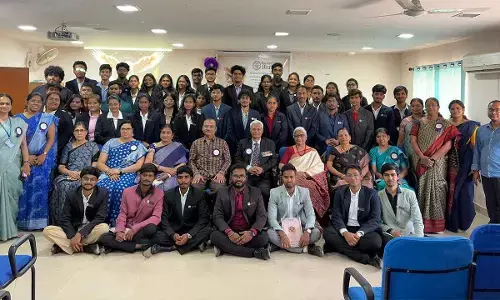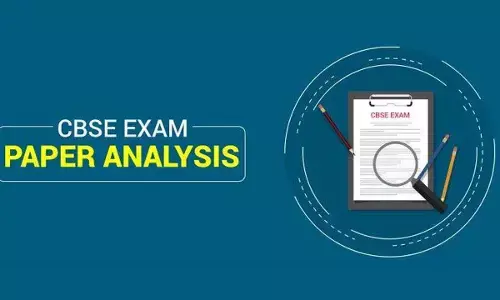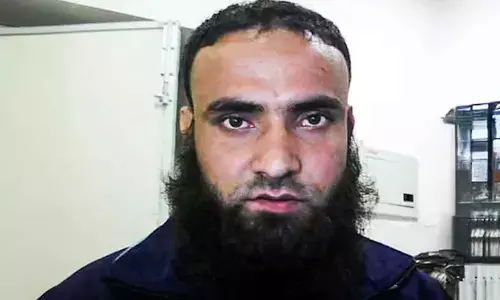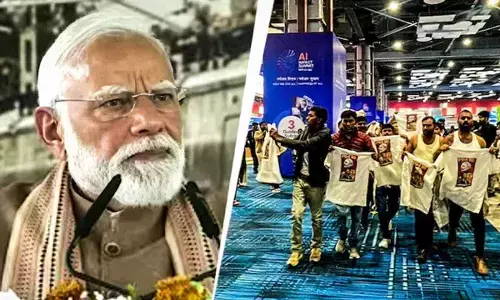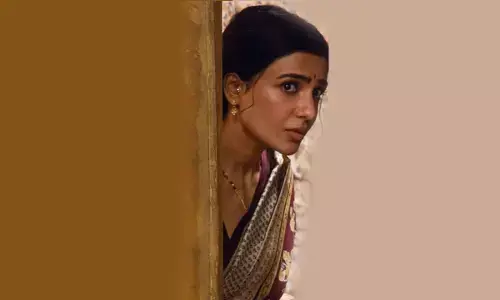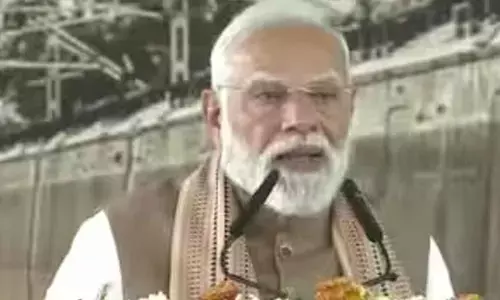India can be next USSR in producing GMs
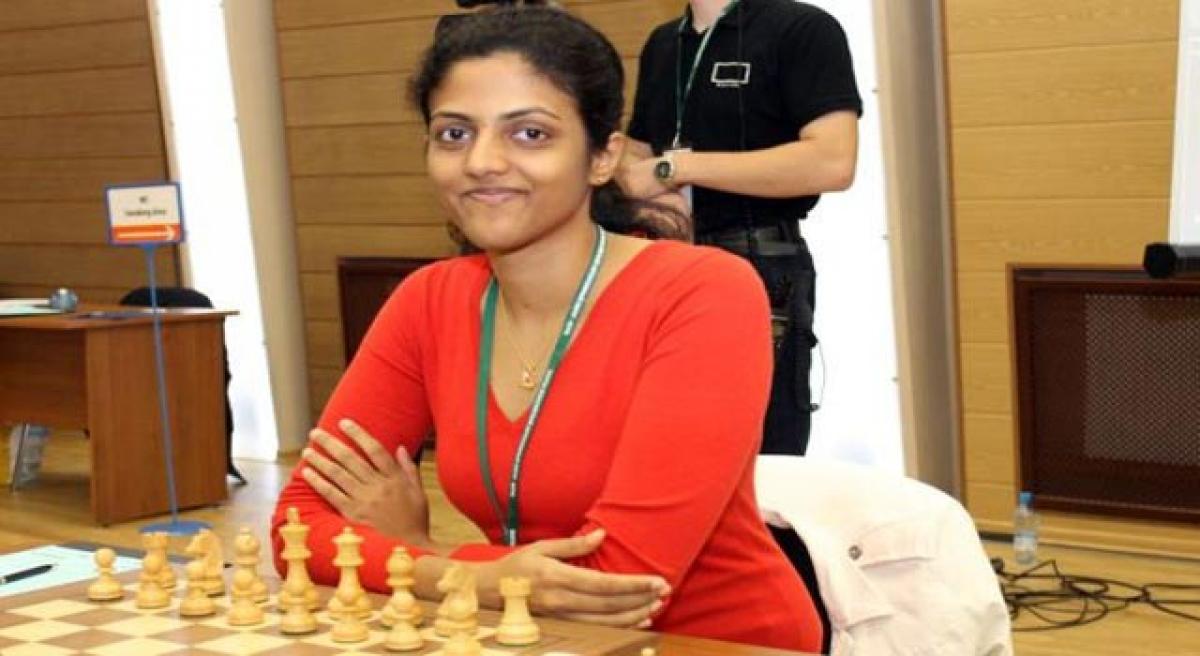
A slight tweaking of the national chess championship rules, increasing the prize money, engaging foreign coaches, corporate sponsorships and glamourising the game could transform the Indian chess scenario, experts say.
A slight tweaking of the national chess championship rules, increasing the prize money, engaging foreign coaches, corporate sponsorships and glamourising the game could transform the Indian chess scenario, experts say. Even if some these elements are implemented, the Indian team at the next World Chess Olympiad in 2018 would be a real force to reckon with, they add.
Citing India's demographic profile, the chess experts also say India could be the next USSR – the former Soviet Union – in churning out Grandmasters (GMs). "Only a young nation can throw up more players and India is ideally positioned in this regard given its current demographic profile," Grand Master R B Ramesh, the non-playing captain of the Indian team at last month's Chess Olympiad, told IANS.
The Indian team in the open category finished fourth after orbiting on the top boards. "We were in the lead for some time in the tournament. All the players did well and gained good experience," Ramesh said. "This time we played against several strong teams as compared to the 2014 Olympiad where we won the bronze medal. Even on paper nobody would have agreed that we were a medal prospect this time around," he said.
But the fact is India is a strong chess-playing nation ranked fifth in the world based on the average ELO ratings of its top 10 players. However, at the Olympiad the Indian team was seeded 11th based on the average rating of the players at the event. The Elo rating system is a method for calculating the relative skill levels of players in competitor-versus-competitor games such as chess. It is named after its creator Arpad Elo, a Hungarian-born American physics professor.
Top GMs like former world champion V. Anand (rating 2776), Surya Shekhar Ganguly (2672), Parimarjan Negi (2670) and K. Sasikiran (2654) were not in the team to boost up the seeding. The Indian team for the open category comprised GMs Harikrishna (World No.15, rating 2752), Vidit Santosh Gujrathi (2669) B. Adhiban (2671), S.P. Sethuraman (2649) and national champion Karthikeyan Murali (2514), who is ranked 20th in the country based on his rating.
Most of the top teams at the Olympiad had players rated over 2600. But chess experts told IANS that playing against GMs with a rating of over 2700 round after round is a tiring affair and that might have taken a toll on the Indian team. Further, a stronger reserve will be helpful if one of the main players falls sick as it happened with an Indian team member at the Olympiad. The top four players were fielded almost throughout the tournament as the reserve player, Murali, had a lower rating.
The All India Chess Federation (AICF) selects the Indian team for tournaments like the Asian and World Championships and the Olympiad based on the players' FIDE rating. The national champion becomes the default member of the team. Those who have played the nationals get an additional 75 points. As a result, a lower-rated player, by virtue of getting the bonus points, can get selected ahead of others.
Players are also not aware as to the logic of adding 75 bonus points to a player's rating and wonder whether the number was fixed at that level to favour or fix a player. Top professional players avoid the nationals because they run the risk of losing ELO points if they drop a game at the event.
"Losing ELO points is not a simple thing for a professional chess player. A player is invited to participate in international tournaments based on his or her ELO ratings. Further a player's appearance fee and other facilities are also dependent on the rating," a GM told IANS, preferring anonymity due to the sensitive nature of the issue.
"In order to attract top players for national premier championship the prize money for the champion should be increased to Rs 500,000 (now Rs 250,000) and the event should be made stronger. A fatter prize kitty will certainly attract professional players even if they face the risk of losing some ELO points," an Indian chess Grandmaster told IANS, also preferring anonymity.
Now the need is for strong tournaments. There can be tournaments restricted only to players with a rating above 2600, a player said. On popularising the game, players are of the view that AICF should adopt a multi-pronged strategy through different agencies.Not many know that top ranked Indian chess players are globe-trotters getting invited to play tournaments overseas.
By Venkatachari Jagannathan


